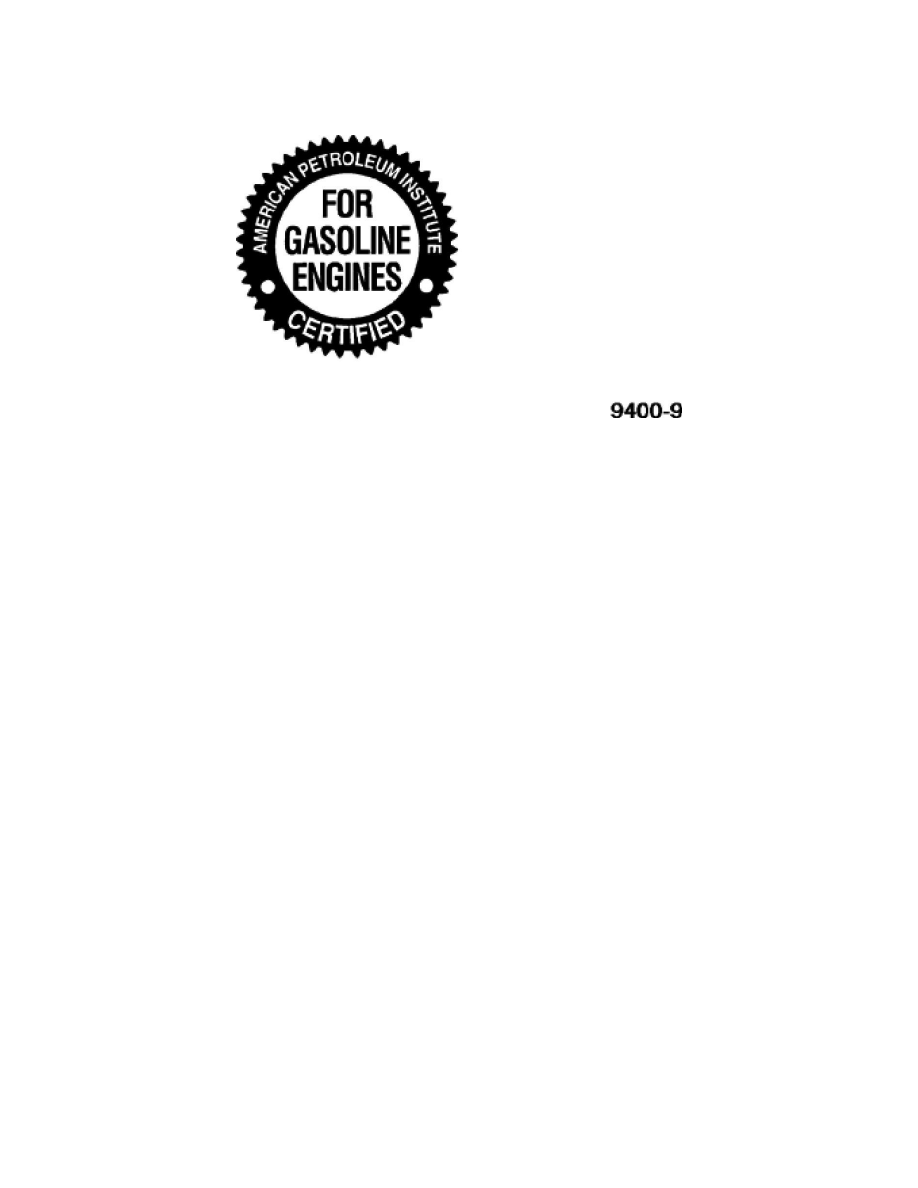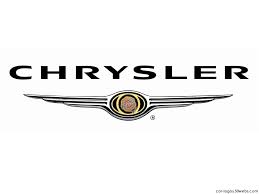PT Cruiser L4-2.4L (2008)

For countries that use the ACEA European Oil Categories for service fill oils, use engine oils that meet the requirements of ACEA A1/B1, A2/B2, or
A3/B3.
CONTAINER IDENTIFICATION
The Engine Oil Certification Mark was developed and trademarked by the API to refer customers to those engine oils preferred by the automobile
manufacturers. This symbol means that the oil has been certified and licensed by the American Petroleum Institute (API). This certification mark will
only be found on the front of the oil containers. Those oils that do not display the "Mark" on the front of the container should not be used.
Chrysler only recommends API Certified engine oils that meet the requirements of Material Standard MS-6395. Use Mopar or an equivalent oil meeting
the specification MS-6395.
SYNTHETIC ENGINE OILS
There are a number of engine oils being promoted as either synthetic or semi-synthetic. If you chose to use such a product, use only those oils that are
certified by the American Petroleum Institute (API) to display the "Certification Mark" and show SAE viscosity grade recommended for each vehicle.
Follow the service schedule that describes your driving type.
ENGINE OIL ADDITIVES/SUPPLEMENTS
The manufacturer does not recommend the addition of any engine oil additives/supplements to the specified engine oil. Engine oil
additives/supplements should not be used to enhance engine oil performance. Engine oil additives/supplements should not be used to extend engine oil
change intervals. No additive is known to be safe for engine durability and can degrade emission components. Additives can contain undesirable
materials that harm the long term durability of engines and emission systems by:
-
Increasing the level of Phosphorus and Sulfur in the engine oil. The API Certified Engine Oils control the Phosphorus and Sulfur contents of the
oil to levels that reduce the contamination effect on the vehicles emission control system.
-
Altering the viscosity characteristics of the engine oil so that it no longer meets the requirements of the specified viscosity grade.
-
Creating potential for an undesirable additive compatibility interaction in the engine crankcase. The engine oils contain a performance additive
system carefully developed to optimize the oils performance in the engine. The addition of supplements may cause the oil to thicken prematurely,
cause excessive deposit build-up and potentially shorten engine life.
